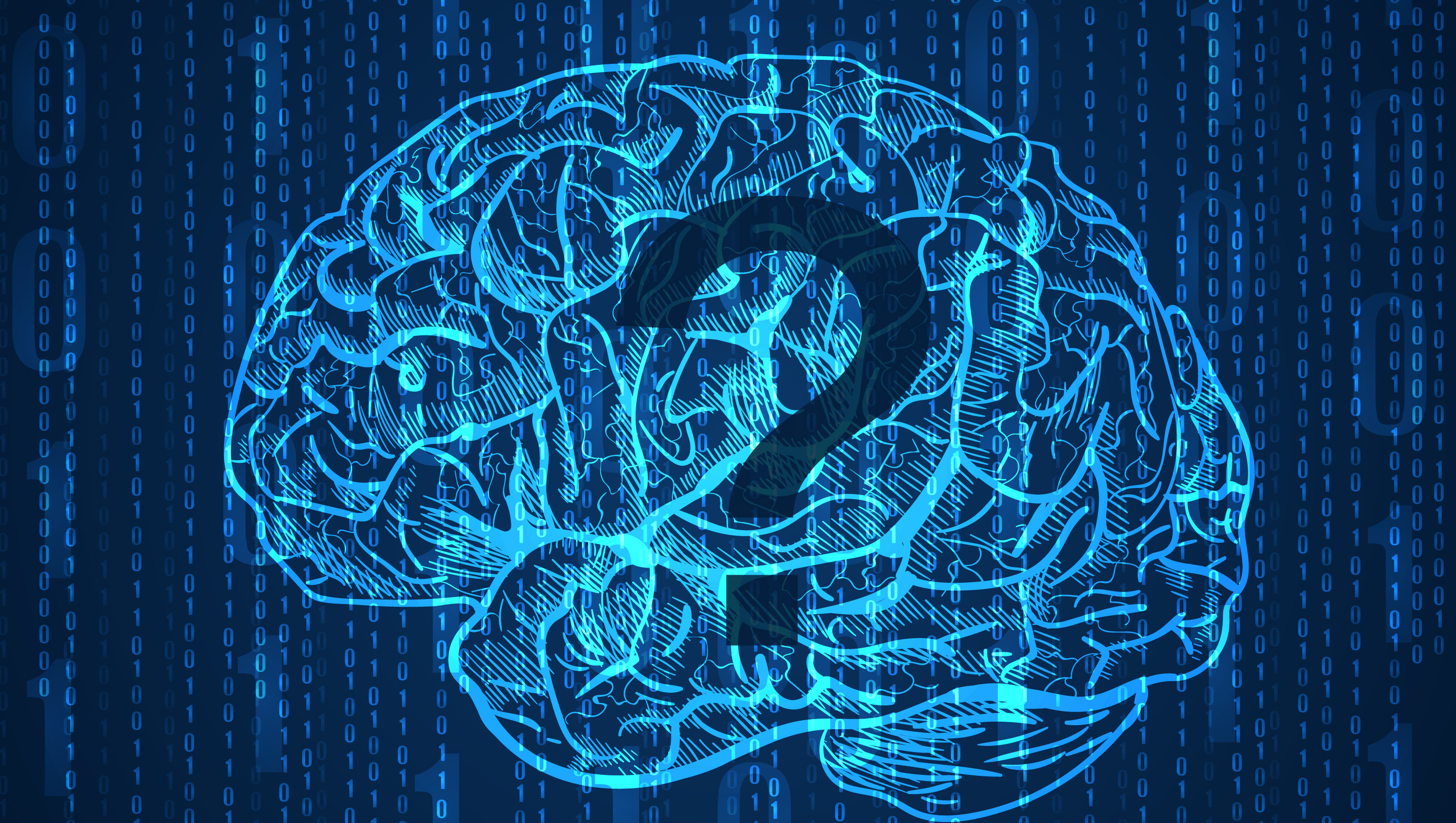The human body has a second “brain”, located at the end of the digestive tract and composed of a neuronal system that autonomously regulates the muscular contractions necessary to expel the feces. This is suggested by a study conducted by Australian scientists and published in the Journal of Neuroscience.
The experts analyzed how the movements of the intestines depend on an intricate network of millions of neurons that belong to the enteric nervous system (SNE). In the same way, they observed how these “brain cells” trigger their signal in a rhythmic and synchronized way to regulate the work of the colon.
“These results identify a pattern of neuronal activity unknown until now,” said Nick Spencer, a neurophysiologist at Flinders University (Australia).
In addition, from an evolutionary point of view, this neuronal system can even be considered as the “first brain”, since this neuronal network developed before the central nervous system, said the scientist.
So far “no one had any idea how exactly large populations of neurons in the SNE lead to contractions in the intestine,” concluded Spencer, detailing that knowing this process in healthy conditions will better understand dysfunctional motor patterns of neurogenic nature in the colon. , a key factor in the treatment of constipation.
Learn more about health in Pharmamedic.









